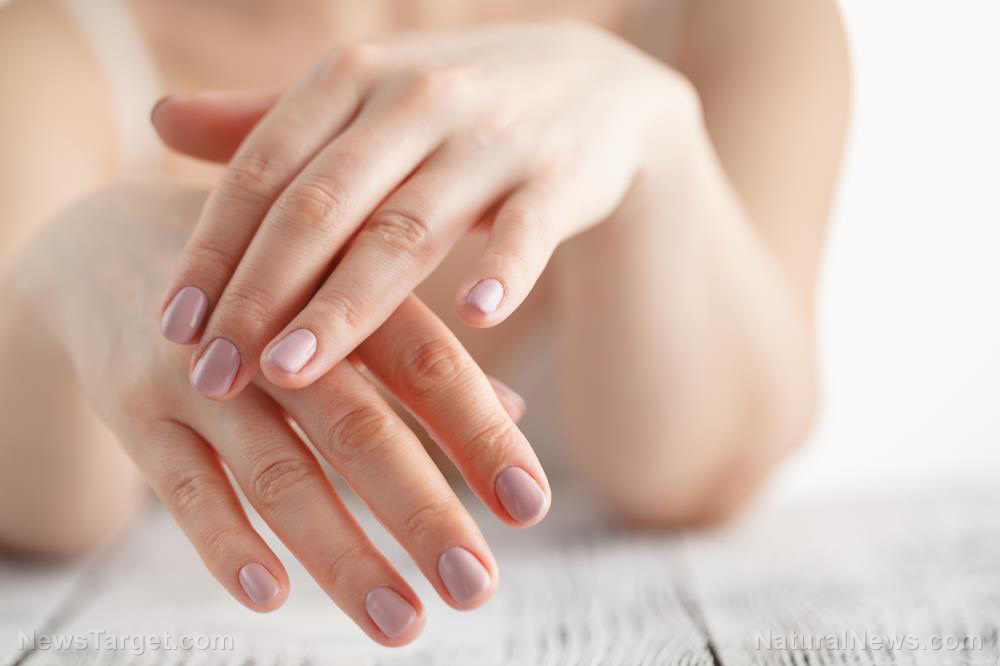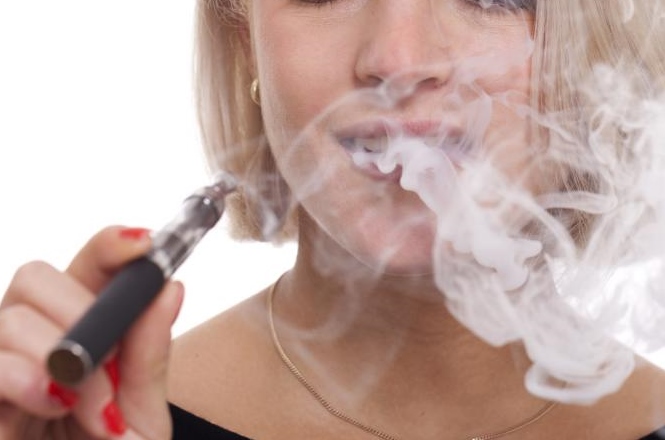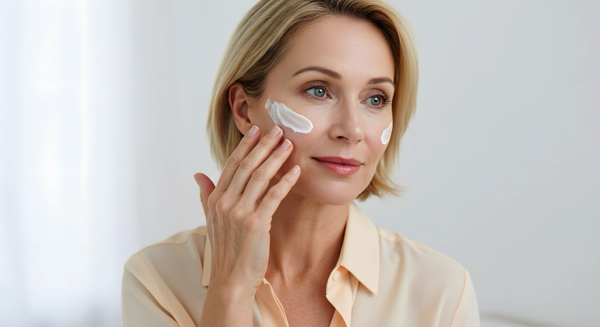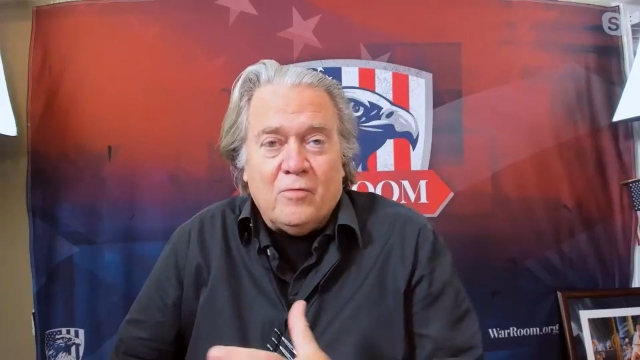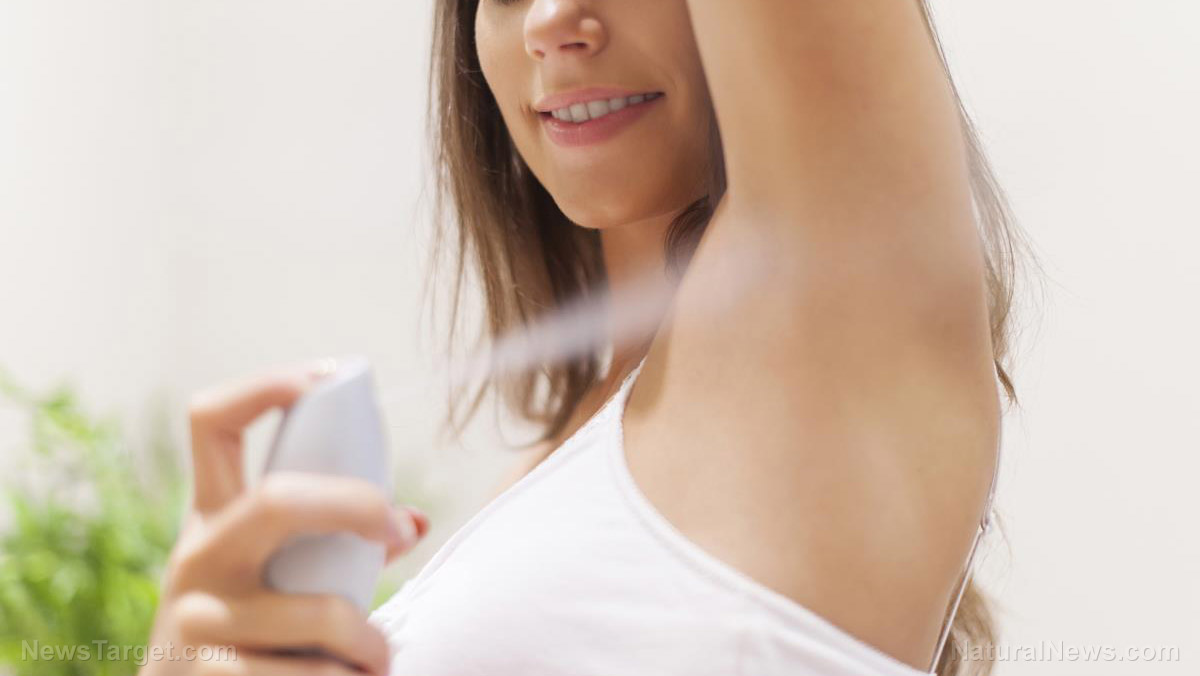The hidden toxin in your cosmetics: Tetrasodium glutamate diacetate and its risks
06/25/2025 / By Zoey Sky
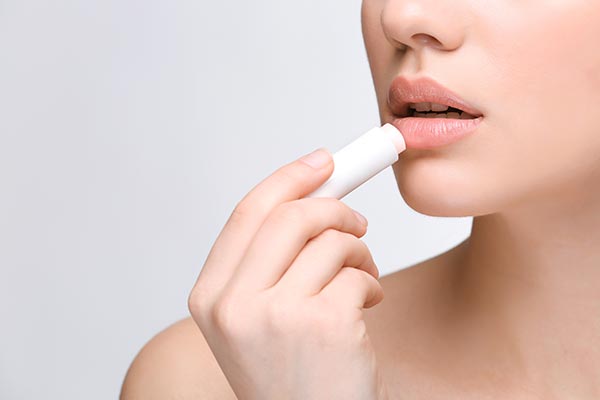
- Tetrasodium glutamate diacetate (TSGDA) is a widely used preservative and chelating agent in beauty products. It is classified as “safe” by the FDA but is linked to skin irritation, hormone disruption and kidney issues.
- TSGDA is often listed under obscure names and commonly found in major brands like Dove, La Mer and Neutrogena, frequently used as a substitute to controversial chemicals like EDTA.
- Studies highlight the risks associated with TSGDA, such as bioaccumulation in the kidneys, and note synergistic dangers when combined with other preservatives or fragrances.
- Some brands use safer substitutes like citric acid, sodium levulinate and plant-based glycerin to avoid TSGDA.
- Regulatory bodies like the EU’s REACH flag TSGDA as a high-risk chemical, but U.S. oversight is inadequate. Consumers must demand transparency and switch to natural products to drive change.
The beauty and personal care industry markets its products as essential for health and vanity, yet countless hidden chemicals in these items remain largely unregulated and understudied. Among the most concerning is tetrasodium glutamate diacetate, a preservative and chelating agent lurking in hundreds of cosmetics, shampoos and skincare products.
Though manufacturers tout its effectiveness, emerging scientific scrutiny reveals troubling toxicity issues, raising critical questions about transparency in an industry prioritizing profit over safety.
Tetrasodium glutamate diacetate: Industrial uses and toxicity
Tetrasodium glutamate diacetate (TSGDA) is sometimes abbreviated as TGD or listed under synonyms like sodium acetylglutamate diacetate or tetrasodium o-acetylglutamate-1-acetate. It is classified as a multifunctional ingredient, primarily acting as a chelating agent, which means it binds to heavy metals and minerals to prevent oxidation and stabilize formulations.
Its additional roles include preservative enhancement, extending shelf life by inhibiting microbial growth and pH adjustment to maintain product consistency.
While the Food and Drug Administration (FDA) classifies TSGDA as a “Generally Recognized as Safe” (GRAS) additive in small quantities, numerous independent studies suggest otherwise. Research indicates it may:
Cause skin irritation
A 2019 case series in Clinical Dermatology linked TSGDA to contact dermatitis in individuals with sensitive skin, noting its potential to trigger eczema-like rashes and burning sensations.
Disrupt hormonal balance
Animal studies have observed anti-androgenic effects, with TSGDA interfering with testosterone pathways. This is a red flag for reproductive health.
Impact kidney function
German researchers found TSGDA accumulates in the renal tissues of lab animals, raising concerns about chronic exposure risks.
Critics argue that most toxicity assessments measure TSGDA in isolation, ignoring synergistic effects with other preservatives like parabens, formaldehyde releasers and synthetic fragrances commonly paired with it. (Related: Top 10 hazardous cosmetic products to avoid if you want to protect your family from harsh chemicals.)
TSGDA is a staple in cosmetics due to its versatility. It appears in:
- Bath products – Enhances lather in soaps and bath gels.
- Lip balms and deodorants – Acts as a buffering agent and preservative.
- Skincare creams and lotions – Prevents oil separation and preserves fragrances.
- Shampoos and conditioners – Stabilizes foaming agents and reduces mineral buildup from hard water.
Despite its prevalence, manufacturers rarely highlight TSGDA on labels, burying it among cryptic ingredients like disodium ethylenediaminetetraacetate (EDTA), which it often replaces in “hypoallergenic” formulations.
Products to avoid
Avoid TSGDA by scrutinizing labels in products from major brands such as:
- Dove – Selected body wash variants.
- La Mer – High-end anti-aging creams.
- Neutrogena –Found in Liquid Facial Soap and Liposomal Moisturizers.
- Pantene – Some shiny-hair serums.
Alternatives to TSGDA and detox tips
Demand for safer products has spurred innovations. Brands like Dr. Hauschka (using plant-based glycerin as a chelator), Herbivore Botanicals (plant-sourced lactic acid) and Lush (citric acid for preservative-free formulas) offer TSGDA-free alternatives.
Key non-toxic replacements include:
- Citric acid – A natural pH adjuster from citrus fruits.
- Sodium levulinate – Derived from fermented sugar, it acts as a mild preservative.
- Xanthan gum – A fiber that thickens without acting as a chelator.
While no clinical tests have confirmed TSGDA’s long-term effects, emerging evidence suggests it accumulates in human tissues.
Experts recommend:
- Limiting exposure – Switching to organic or certified natural brands.
- Enhancing detox pathways – Consuming sulfur-rich foods, such as broccoli or garlic, to support liver enzymes.
- Skin cleansing – Using products with activated charcoal or clays to detoxify pores.
Regulatory agencies have been slow to act, but informed consumers can drive change. Europe’s REACH program lists TSGDA as a “substance of very high concern,” yet U.S. oversight remains fragmented.
TSGDA exemplifies the disconnect between industry claims and scientific caution. While positioned as a benign additive, TSGDA’s potential to harm, combined with opaque labeling practices, paints a troubling picture.
Consumers must demand transparency and support companies that focus on innovations that prioritize health over profit.
This story is not medical advice and is not intended to treat or cure any disease. Always consult with a qualified naturopathic physician for personalized advice about your specific health situation or concern.
Visit Health Ranger Store and Brighteon Store to find lab-verified skincare products that are free of harmful chemicals like tetrasodium glutamate diacetate. NaturalNews.com also offers more information about harmful cosmetic ingredients and safer natural alternatives.
While you’re at it, check out Brighteon.ai, an AI model that possesses this knowledge and is available as a free download to be run locally. This tool was created by Mike Adams the Health Ranger to help share and decentralize knowledge by bypassing censorship to empower people.
If you’re looking for an uncensored video free speech website where you can openly discuss nutrition, natural medicine, ingredients and more, go to Brighteon.com. Brighteon.IO and Brighteon.social are two free speech-focused social media platforms where users can openly discuss topics such as health, nutrition, ingredient safety, toxicity and related subjects without fear of censorship. These platforms aim to provide a space for unrestricted dialogue on critical issues.
Watch the video below to learn more about all-natural Shampoos and Shampoo Bars.
This video is from the Health Ranger Store channel on Brighteon.com.
More related stories:
Harmful ingredients in personal care products.
Protect your skin from the inside out by eating nutritious superfoods.
The hidden dangers of BHA in cosmetics: A closer look at this controversial additive.
Sources include:
Submit a correction >>
Tagged Under:
cosmetic ingredients, cosmetics, health science, men's health, poison, products, skin care, skin health, tetrasodium glutamate diacetate, toxic chemicals, toxic ingredients, toxins, TSGDA, women's health
This article may contain statements that reflect the opinion of the author
RECENT NEWS & ARTICLES
COPYRIGHT © 2019 Dangerous.News
All content posted on this site is protected under Free Speech. Dangerous.News is not responsible for content written by contributing authors. The information on this site is provided for educational and entertainment purposes only. It is not intended as a substitute for professional advice of any kind. Dangerous.News assumes no responsibility for the use or misuse of this material. All trademarks, registered trademarks and service marks mentioned on this site are the property of their respective owners.



